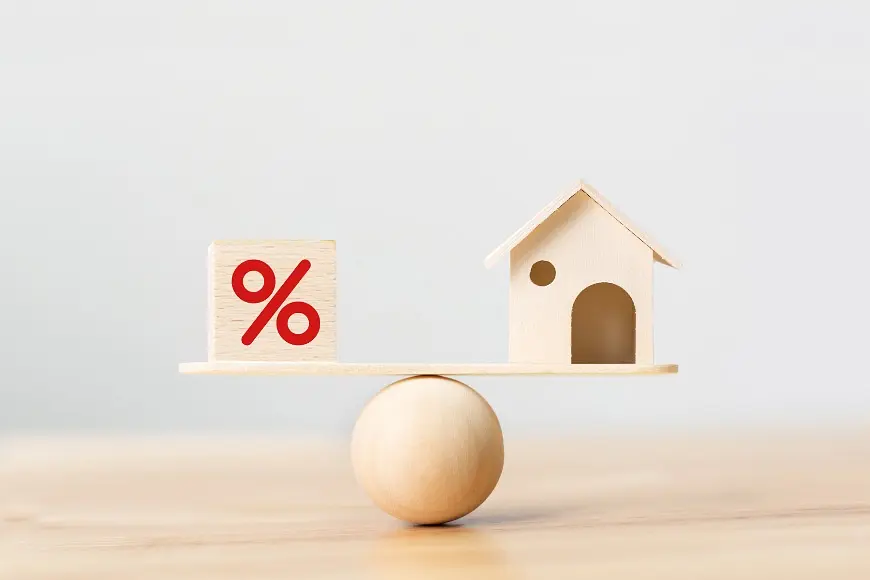Hong Kong Property Rates & Government Rent Guide
Listen to the blog audio:
-2.jpeg?locale=en)
Hey Hong Kong property owners, ever wonder what the rates and government rent you pay every year are all about? How are they calculated? And when you rent out your property, who should pay these fees – you or the tenant? This article breaks down everything into 12 key points to give you a full understanding of Hong Kong's rates and government rent.
1. What are Rates?
Rates are taxes collected by the Hong Kong government on property. They're used to fund public services and infrastructure. Basically, they're calculated based on the property's rateable value (its potential rental income) and then multiplied by a percentage. This rateable value is assessed by the Rating and Valuation Department and forms the basis for calculating both rates and government rent. Before 2022, the rate was 5% of the rateable value, but the government proposed a progressive system for residential properties in the 2022/23 budget, with rates of 5%, 8%, and 12%, although this isn't finalized yet.
2. What is Government Rent?
Government rent is a tax for some properties, mainly those in most areas north of Boundary Street in Kowloon, the New Territories, and the Outlying Islands, as well as land leases granted after May 27, 1985. Like rates, it's calculated based on the property's rateable value, usually at a rate of 3%.
3. What Does the Rating and Valuation Department Do?
The Rating and Valuation Department handles all things related to rates and government rent, like estimating the rateable value of properties, collecting payments, and offering rental advice and mediation services. They also provide lots of market stats for Hong Kong properties, including average rents, sale prices, and building addresses.
4. How are Rates and Government Rent Calculated?
They're based on the rateable value of the property, multiplied by the respective percentages. As mentioned earlier, the cost for rates is 5% of the rateable value; for government rent, it's 3%. The Department assesses the rateable value by considering things like market rent, property features (like age, size, location, floor, and orientation), additional amenities, and the quality of the building and its management.
5. When and How Often to Pay Rates and Government Rent?
Rates and government rent are prepaid quarterly, usually by the last working day of January, April, July, and October. The government sends out payment notices in the middle of these months, and owners need to pay by the end of the month. Late payments attract a 5% surcharge, and if you're more than 6 months late, there's an additional 10% charge on the outstanding amount (including the initial 5% late fee).
6. How to Pay Rates and Government Rent?
Property owners can pay through various methods like mailing a cheque, bank transfer, or at designated payment points. For more details, check out how to pay rates and government rent.
7. What if You Don't Receive a Payment Notice?
If you don't get a notice for rates or government rent, you should contact the Rating and Valuation Department (hotline: 2152 2152) to ensure timely payment and avoid penalties.
8. Who Pays When Renting Out?
Usually, property owners pay the rates and government rent. If the property is rented out, the lease should specify who pays these fees – owner or tenant. If it's not specified, it's usually assumed that the rent includes all fees, so tenants don't pay extra. If the lease says the tenant pays, the owner must submit a CR 109 form to the Department within a month of signing or renewing the lease, or face a HK$310 fine.
9. Can You Transfer the Responsibility for Rates?
If there's a change in property ownership, the new owner needs to inform the Department quickly. You can do this online, fill out a form (RVD1006), or write on the back of the rates bill and mail, fax, or email it to the Department (address: 15/F, Cheung Sha Wan Government Offices, 303 Cheung Sha Wan Road, Kowloon).
10. Can Rates Be Deducted from Taxes?
No, you can't deduct rates from your taxes. However, you can deduct paid rates from your property rental income when calculating your taxable income.
11. Are There Exemptions for Rates?
Exemptions are usually for specific types of properties, like those used for social, administrative, political, or historical purposes. Regular residential properties don't qualify.
12. Can Rates Be Reduced?
Sometimes, the government introduces rate reduction policies, like during economic downturns or special circumstances, to ease the financial burden on owners.
LetsGetHome: A New Rental Solution for Property Owners
LetsGetHome is a tailor-made rental platform for Hong Kong property owners. You can choose to list your property commission-free or opt for on demand agency services. You only pay for the services you use, with no hidden fees. Whether you want to showcase your property, estimate rent, manage leases, or find the right tenants, LetsGetHome can help. It makes managing rental properties easier and more transparent. Want to try it out? now!
